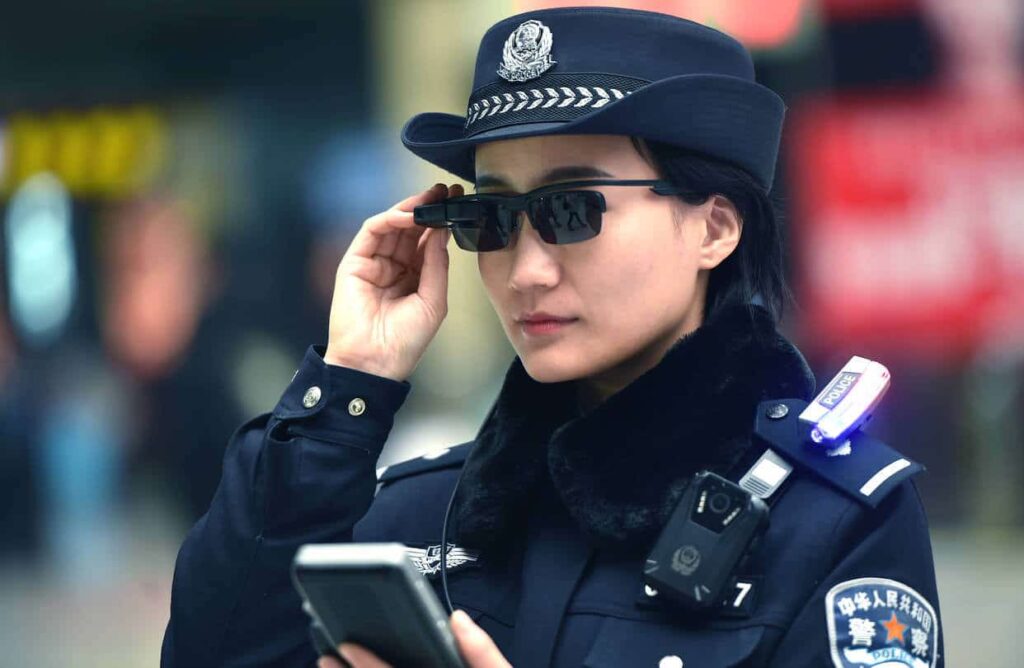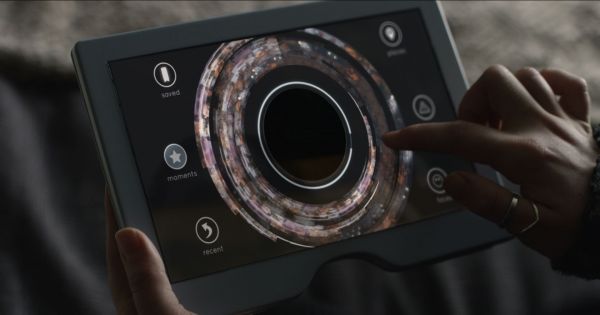
Technology has improved our lives in variety of ways, including our safety. Nearly every industry uses technology and data to evolve, changing the way we live. Modern tech companies are working hard to achieve the perfect futuristic technology, but it might not be worth it. In theory, something like facial recognition software is the ideal way to search for criminals and monitor crowds. China has used facial recognition at concerts and even tested high-tech sunglasses on police. Microchips can automatically track and detect complex changes in your body. But at what point are we completely sacrificing our privacy? It’s handy technology that enables watchful eyes to follow us wherever we go.
Bias Now, Bias Later
Cool futuristic spy movies use super-cool technology that’s usually too good to be true. But sometimes it’s real. Facial recognition is already being used to collect detect and collect data at sporting events, stores, by police, and even in schools. Facial recognition software detects and reads your face. Maybe it cross references your identity in a database or is looking for a suspect. It’s supposed to be an huge advancement in AI, but it’s far from perfect. Algorithms that feed artificial intelligence reflect human bias, meaning all the relevant -isms (sexism, racism, ableism, etc.) are stronger when digitized with data. We’re already facing widespread bigotry and hate crimes, what happens when the technology is flawed?
Despite the specially crafted algorithms, it’s prejudiced and invasive, driving the question what’s so great about it? Naturally, there are positive aspects of automated software when it’s reliable. But right now, the input is so flawed that it results in false identification there’s no solution. . MIT researchers proved just how flawed the tech is. Darker skinned people were more often mislabelled than white people. Dark-skinned women would be inaccurately mislabelled as men up to 34.7% of the time while lighter skinned men were mislabelled less than 1% of the time. And since minorities are more likely to be mislabelled and targeted, that flawed data will create false correlations based on race.
There will be no anonymity and police might overstep the blurred boundaries. Who’s to say the tech won’t be used “illegally” or “unethically” (which will be greatly debated)? And like other digital data, there are serious questions about security: Who can see my information? Can it be hacked? How is my personal information being used? Why do they need this kind of information? Congressmen only noticed when Amazon’s facial recognition program labelled them as criminal suspects by matching the wrong mugshots. What about the rest of us? Most of us have no power to make demands against corporations. The legal system is already plagued with corruption, biased facial recognition won’t help anyone, especially minorities. Facial recognition, like Hollywood, uses white faces as a foundation, leaving people of color more likely to be targeted.
One company has created video interview software where facial recognition measures facial expressions during the hiring process. This is an incredible design, but we can’t blindly trust the data just because it came from a computer. Current technology can’t even handle different accents by users, so how can we trust facial recognition to make life and death decisions?
Nightmare or Reality?
The government and corporations are already tracking our digital activity (very creepily), so it’s not surprising they want to track our bodies. Many pet owners microchip their pets in case they get lost. Just track the chip on the computer and see it on a map. Now, there are chips that are implanted in people, but there are concerns. Microchipping people has similar ethical questions about privacy and legality. Can it really be better than not having a microchip in our bodies?
Critically acclaimed show “Black Mirror” has very nightmarish plots centered around technology. Characters are usually driven to drastic measures while trapped in a technological hell. But the real nightmare is that the technology isn’t so far off. While some of the capabilities are exaggerated, the consequences are fairly realistic.

The mother looks though her daughter’s activities [Black Mirror, Arkangel](Credit: Netflix)
One episode features a single mom using a microchip on her daughter to monitor her fear levels, control what she’s able to see, and even watch real-time POV. This overprotective mom starts out with good intentions but ends on a crazed invasion of privacy that eventually destroys the family. It’s a relevant plot and frighteningly close to reality. Cuuld this be warning of our future?
What now?
Our privacy is no safer with a microchip or facial recognition. However, the technology is still incredible and should be pursued while we also carefully consider the problematic bias and issue of privacy. Biased data and invasion of privacy sounds like a disaster, which is why we need to analyze the potential risks. Who knows, we’re probably being watched right now.

